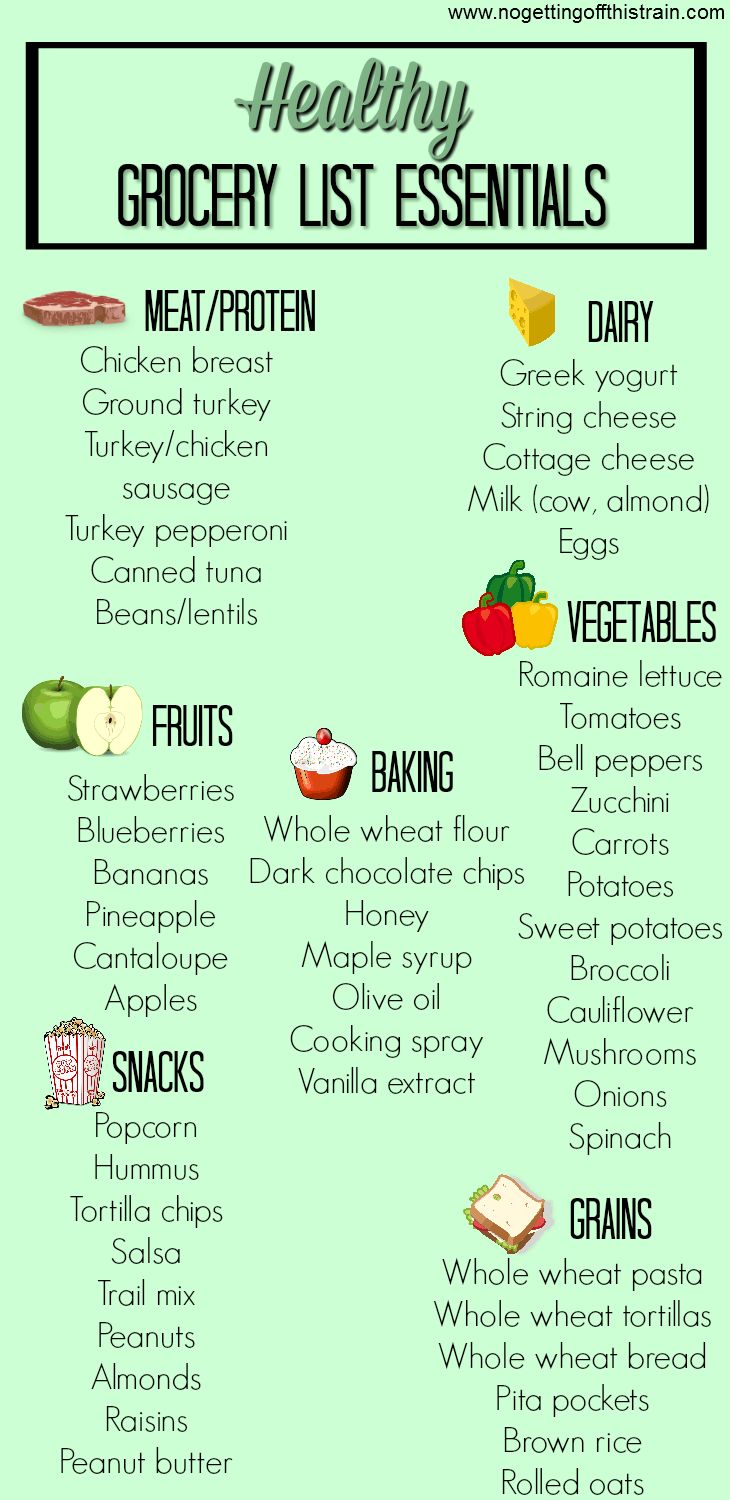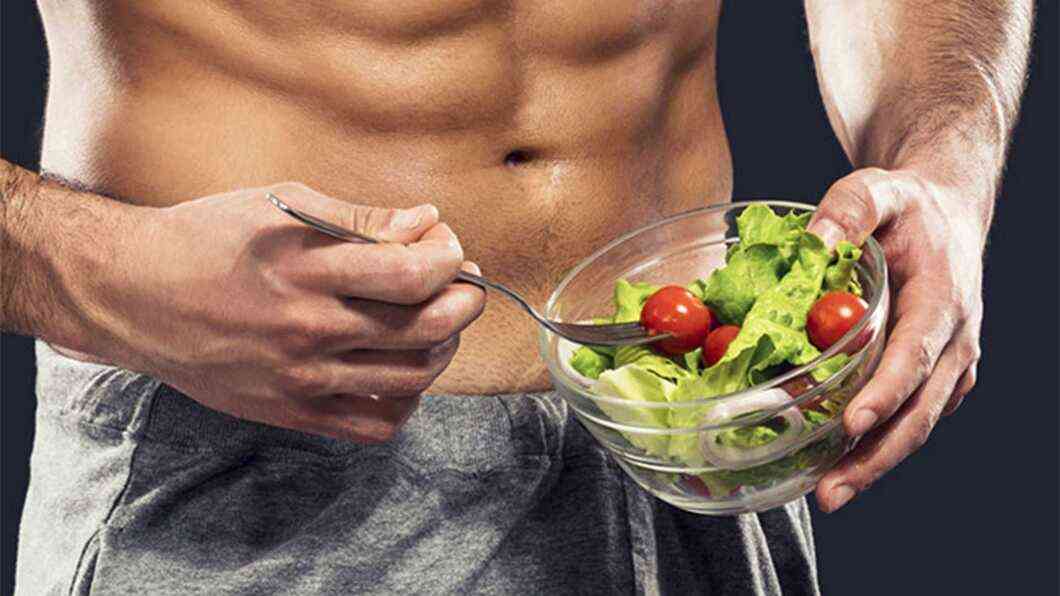
Living Healthy is an integrated health program that emphasizes nutrition. The intergrative functional approach emphasizes high-quality food and nutrients that promote health. It examines the whole person and helps participants create action plans to improve their health. You can also download the free booklet in Spanish or English. The book contains recipes and tips that will help you live a healthy, happy life. Interested individuals can learn more about the program by visiting the Mayo Clinic website.
Living Healthy is evidence-based. It focuses on system dysfunctions that lead to chronic conditions. The program also incorporates integrative function nutrition (IFN), a form integrative medicine that tailors care to each person. No two people need the same diet, and the specific nutrients and foods needed by each person depend on their immune and gut flora. This program will teach you how to be an expert on your health. You'll feel more confident, empowered, and empowered.
Living Healthy in Florida is a collaborative effort designed to communicate consistent information about health. One tool is the Roadmap to Living Healthy. This tool makes use of data to show what nutrition needs communities. Improving diet quality will not only reduce obesity, but it will also impact a child’s ability to learn, social skills, health care costs, and their learning capabilities. You can improve your family's access to healthy foods, and reinforce good behavior at home with the program. It's a comprehensive program that will benefit your whole family, friends, and your overall health.

When it comes to the food you eat, solid fats are bad both for your health and for your waistline. Instead of eating refined grain, choose whole grains. Healthy dairy products can also be low-fat and nonfat. Good choices include beans, eggs as well as vegetables and fruits. Ordering pizza is easier if you choose a thin crust of whole grain bread than meat. If you are unsure whether you want a cheese-filled or non-cheese-filled pizza, a slice or two of veggie pizza with reduced fat or fat-free mozzarella would be a good option.
You can reduce the size of your meals if you are trying to live a healthy lifestyle. There are many restaurants that offer enough food for two, so it is possible to order half or more of your entree. Another option is to eat just one or two pieces of each dish. A quarter cup of spinach is more nutritious than a quarter cup of chicken. However, an entire plate of fried chicken can be healthier for only a half-cup. High fiber fruits and vegetables will make you feel satisfied, and allow you to eat less.
FAQ
Which exercise is the best for men?
It all depends on your goals. If you want to lose weight, cardio workouts are great because they burn calories faster than strength training exercises.
Strength training, on the other hand, is better if you are looking to increase muscle mass.
Both types of exercise have proven benefits if you want to improve your overall health.
If you are looking to lose weight quickly, I recommend HIIT or sprint-interval training. This type of training helps you burn fat quickly by increasing your metabolism. This type of training also increases your endurance, allowing you to train even when you are tired.
Which workout is best to build muscle?
There are two major exercises that you should do when you want to build muscle mass. These are called compound movements and isolation. Isolation exercises target specific muscles while compound moves focus on multiple groups at once.
Your best option to improve your fitness is to work out with exercises that challenge all your major muscle group. This ensures you're always pushing yourself during your workouts.
MyFitnessPal is an app that allows you to track your activities. It allows you to log everything from calories burned to weight lifting. It also allows you to create meal plans customized for your goals.
How many calories do I need to eat each day?
It varies from one person to another. On average, between 2000 and 2500 calories a day. It's important to assess your life style, gender, age and height in order to determine how much calories you need.
Are Cardio exercises good or bad for your health?
Cardiovascular exercise can have many benefits. Cardiovascular exercise improves blood circulation and strengthens your heart muscle. It also increases stamina and helps you lose weight.
Cardiovascular exercise includes running, biking, hiking, swimming, tennis, basketball, soccer, volleyball, football, etc.
It is important to keep in mind that cardio exercises should not only be performed at a high level of intensity, but also at low levels. This could lead to injury.
If you feel fine, only do the cardiovascular exercise.
It is important not to push yourself beyond your limits. If you do, you might injure your self.
When you engage in cardiovascular exercise, it is best to warm up first. Start slowly increasing your intensity.
Be aware of your body and listen to it. You should stop immediately if you feel any pain while doing cardiovascular exercise.
It is also recommended to take some time off after a cardiovascular exercise. This gives your muscles the chance to heal.
Cardiovascular exercise can help you lose weight.
It is the most efficient way to lose weight and stomach fat.
What's a good workout plan for 7 days?
A seven-day exercise program should consist of three days per week of cardiovascular training (running, biking, swimming), two strength exercises (using free weights, weight machines), and one flexibility/core workout (yoga, Pilates). Each activity should be done at least once per week. Each session should not last more than 45 minutes.
Cardiovascular Exercise: Running, Biking, Swimming
You should aim to get at least 60 mins of cardio exercise per week. Try to do 75 minutes per semaine for the best results. Cardio exercise can stimulate blood flow and increase muscle growth.
Strength Training
Cardio exercises target your heart and lungs. Strengthening your muscles and bones is the opposite. Strength training can help you burn calories even when you're not working out.
Flexibility & Core Workouts
Your whole body will be stronger if you have flexibility and core training. Yoga and Pilates are both excellent choices.
Statistics
- According to the American Heart Association, blood pressure should be checked at least once every two years, beginning at age 20. (my.clevelandclinic.org)
- Cardmembers earn 5% Back at Amazon.com with a Prime Credit Card. (amazon.com)
- The PRS enabled risk stratification for overall prostate cancer and lethal disease with a four-fold difference between men in the highest and lowest quartiles (HR, 4.32; 95% confidence interval [CI], 3.16-5.89). (pubmed.ncbi.nlm.nih.gov)
- An estimated calorie range for moderately active adult males falls between 2,200 to 2,800 calories per day, depending on age. (eatright.org)
- 10 pounds in a month is likely during a lean bulking phase, especially for beginners. (muscleandstrength.com)
External Links
How To
How can I burn fat and exercise?
Exercise can help you burn calories and increase your metabolism.
Moderate intensity exercise is a safe way to lose weight.
These are the top tips for burning fat while you exercise.
-
Do cardio exercises such as walking, swimming, jogging, cycling, running, or elliptical training.
-
For 30 minutes, do it three times a week.
-
Strength training is a great way to lose weight.
-
Avoid intense training. You can build muscle and not break down muscle tissue.
-
Keep hydrated during exercise. Water helps flush out toxins and keep your body properly hydrated.
-
After working out, drink low-fat protein shakes. Protein shakes repair muscles and increase energy.
-
So you don’t feel hungry, eat smaller meals throughout your day.
-
Don't skip breakfast! You can feel tired and slow if you skip breakfast.
-
Take care of your mental health. Stressful situations can slow metabolism.
-
Keep a positive attitude. Studies have shown that people who are convinced they are overweight gain more weight than those who feel they look attractive.
-
Get enough rest. Insufficient sleep can make it more difficult to lose weight.
-
Stay active. Get up every hour and get moving.
-
Maintain a healthy diet. Eat right to feel satisfied and full for longer.
-
Find ways to relax. Relaxing doesn't mean your body releases stress hormones which cause muscle tissue to be destroyed.
A balanced diet includes all essential nutrients needed for growth and development.
Six small meals per day is better than three large meals. This allows your body time to digest what you've eaten.
You need about 500 milligrams of calcium daily to maintain strong bones. Calcium is found in dairy products like yogurt, fortified milk beverages, orange juices, cereals and bread.
Calcium is found in green leafy vegetables, beans, tofu, seeds, nuts, and cheese.
Your body needs vitamin D to absorb calcium. Vitamin D is found in certain fortified foods, such as egg yolk and fatty fish.
Vitamin E is crucial for skin health. It can be found as a vegetable oil, wheat germ, peanuts or almonds.
Your body requires zinc for normal immune function and wound healing. Zinc is found in seafood, oysters legumes meats, whole grains, whole grains and meats.
Zinc deficiency can cause fatigue and loss of appetite. It can also lead to depression and impaired immunity.
Sugar intake can lead to insulin resistance which causes blood glucose levels to rise. Insulin resistance can lead to weight gain.
Insulin resistance is caused by high blood levels of free-radicals. Free radicals are molecules with unpaired electrons that damage cell membranes and other parts of the body.
Free radicals come mainly from food additives, pesticides, herbicides, preservatives, smoking, air pollution, radiation, chemicals in cosmetics, lotions, and household cleaning supplies.
Free radical damage can cause cancer, heart disease and diabetes, as well as arthritis, asthma, and other diseases.
The best way to avoid free radicals is to eat a balanced diet high in antioxidants. Antioxidants protect against oxidative damage.
Vitamin C (found on citrus fruits), Beta carotene, found in carrots and sweet potatoes, spinach and broccoli, cantaloupe (found in tomatoes, mangoes and peppers), and Vitamin E (found nuts, olive oil and avocados).
Selenium, copper as well as manganese and zinc are some other antioxidant nutrients.
Selenium is known to protect cells from the oxidative damage that free radicals can cause. Selenium may be found in Brazil nuts as well tuna, liver and kidneys. It can also be found on shrimp, cod, turkey, beef lamb, pork, chicken, and other foods.
Copper protects the eyes, brain, lungs, liver, and red blood cells. Copper is also found in poultry, meat, and organs.
Manganese, an essential component of bone strength, is crucial. Manganese is found as a component of bone structure in brown rice (spinach, bananas), prunes, raisins and oatmeal.
Zinc is required for normal growth, reproduction and wound healing. Zn is present in lean cuts of meat and white fish, as well as eggs.